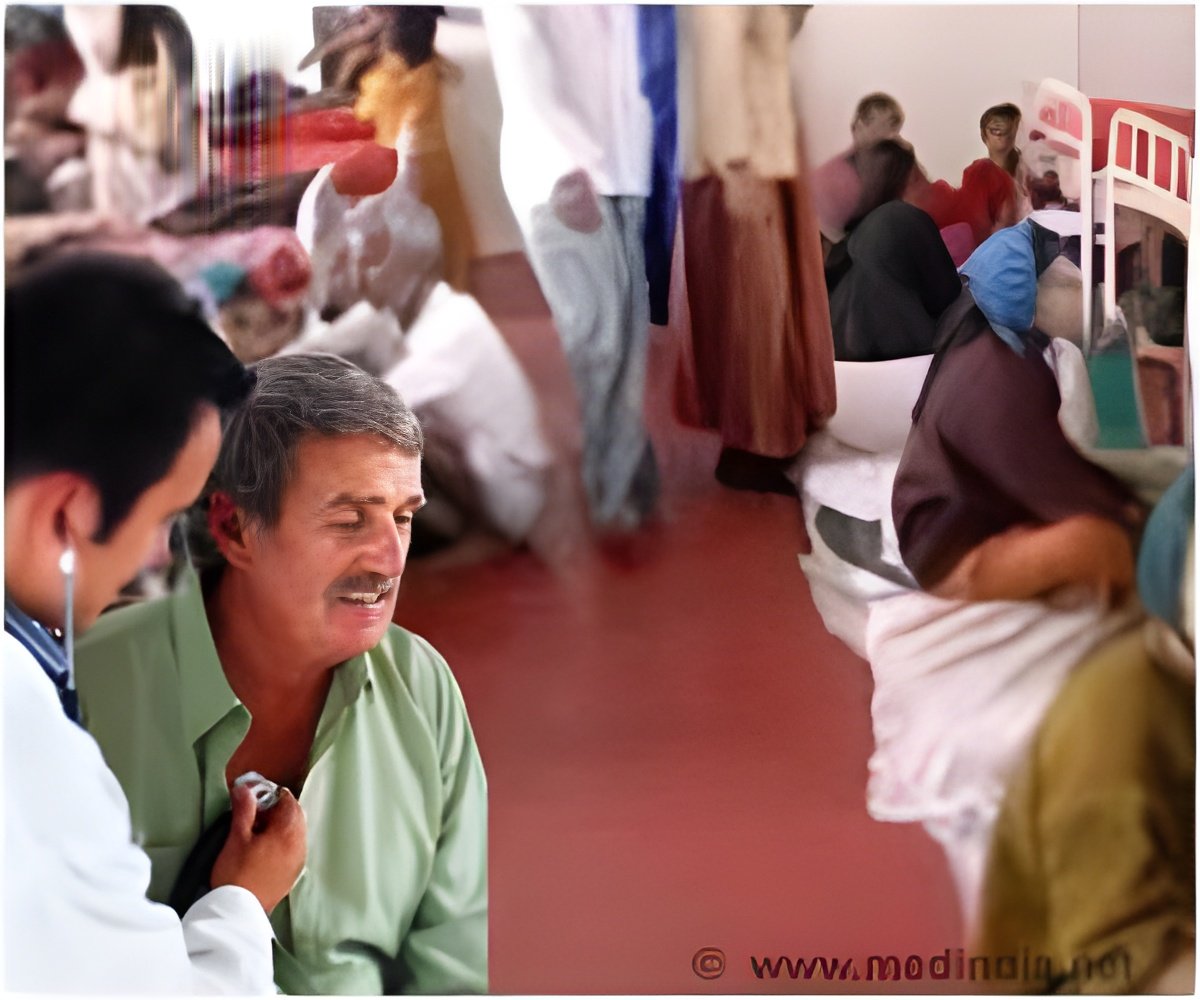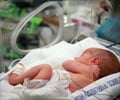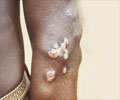An Indian American doctor has urged the Indian government to set up a specialist training program to increase the number of infectious disease experts in the country.

"India need 15,000 ID specialists for its 1.2 billion people," Shah, who was the co-founder and past president of the American Association Physicians of Indian Origin (AAPI), told IANS.
India has 50 million ID patients and 40 percent of them die due to the affliction, he said.
Infectious diseases are not just colds and coughs, Shah explained. Septicemia, or infection of the blood, and infections that chemotherapy and organ transplant patients catch are also clubbed under ID as well as tuberculosis (TB), he said.
"In India, 100 tuberculosis patients die every day. The right way is to first take a sputum test and then give the right drugs as per each patient," Shah told IANS in an interview here.
Shah, who had met Health Minister Ghulam Nabi Azad earlier this week to discuss the training programme, said the Indian government is keen to start it.
Advertisement
He suggested this could start in three premier medical colleges - JIPMER (Jawahrlal Institute of Post-Gradutae Medical Education and Research) in Puducherry, AIIMS (All India Institute of Medical Sciences) in New Delhi, and PGIMER (Post Graduate Institute of Medical Education and Research) in Chandigarh - and be taken up later in another five.
Advertisement
He has launched a website - www.apxamembers.com - to facilitate the interaction.
This would help Indian doctors visit the US to get acquainted with the newest technology and research there. Board, lodging and professional interaction for the Indian doctors would be free, said Shah.
In return, the Indian American specialists would visit their alumni in India at their own cost and work there.
According to Shah, even if one percent of the 62,000 Indian American doctors participate in the interaction, it would work out to 6,000.
"The goal is that 6,000 doctors from both sides should have reciprocal visits," said Shah.
The US India Business Council has shown interest in hosting the website, he added.
Another venture that the noted specialist has been pushing is to establish emergency and trauma medical services in Maharashtra.
"In Mumbai, 12 people die every day either due to railway accidents or on the streets. In India, around 350,000 people die in accidents annually," Shah said.
The emergency service, based on the US model, will see 24 major hospitals in Mumbai form a network of emergency and trauma care.
"Hospitals with neurology, cardiology, and surgery services round the clock will comprise Level 1 hospitals."
"The Level 2 hospitals will not have neurology, but cardiology and surgery services, while Level 3 hospitals will be where one can avail oneself of the services of a surgeon in half an hour. Level 4 hospitals will have only resuscitation services," Shah said.
"Their ambulances will have on board paramedics to administer IV fluids and meet the requirements of patients en route to hospital," Shah said, adding that the service will cover the entire city.
After the patient has been treated at the emergency services hospitals, he or she will then be transferred to a government hospital for follow-up treatment, he added.
Shah said he wants to work with Mumbai as a model for all other cities to replicate.
"After the emergency service kicks off, one Indian doctor will be taken from Mumbai for training to the US. The fully paid scholarship is by the American College of Surgeons," he added.
"Eight Indian American trauma surgeons are willing to visit Mumbai at their own cost, over the period of one year, to work in Indian hospitals," Shah said.
Source-IANS















